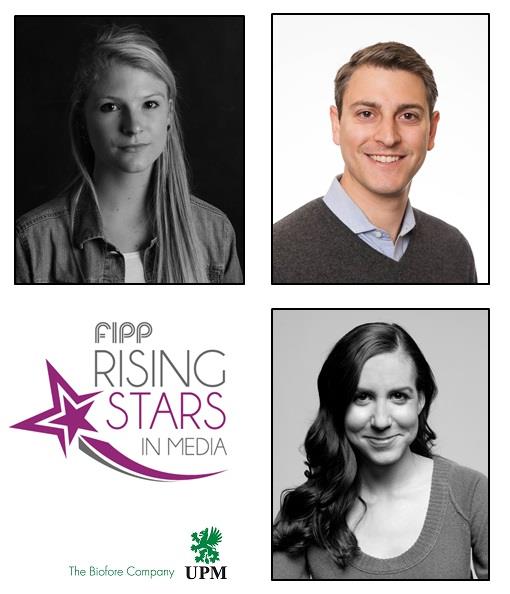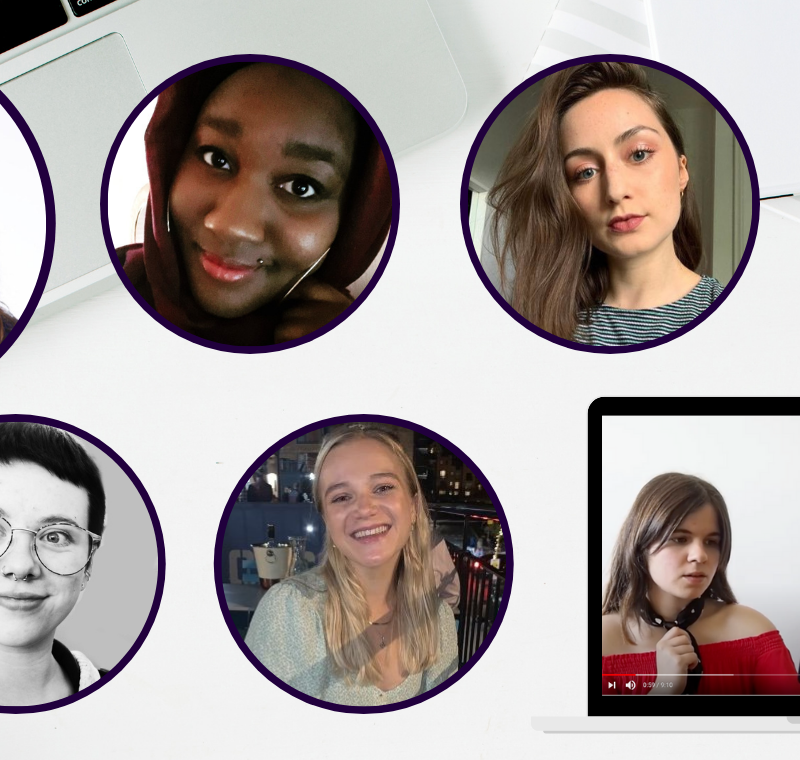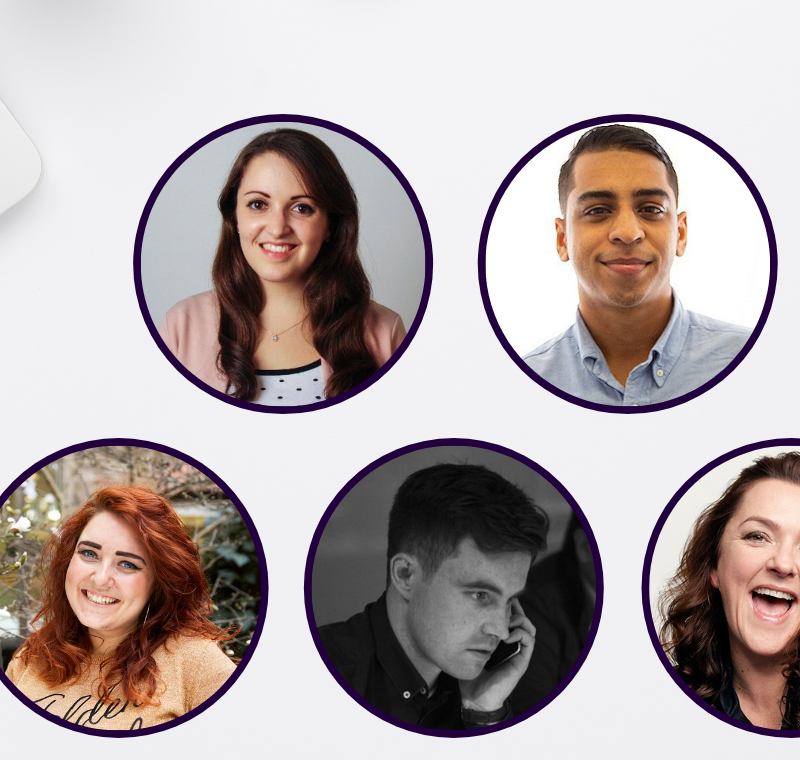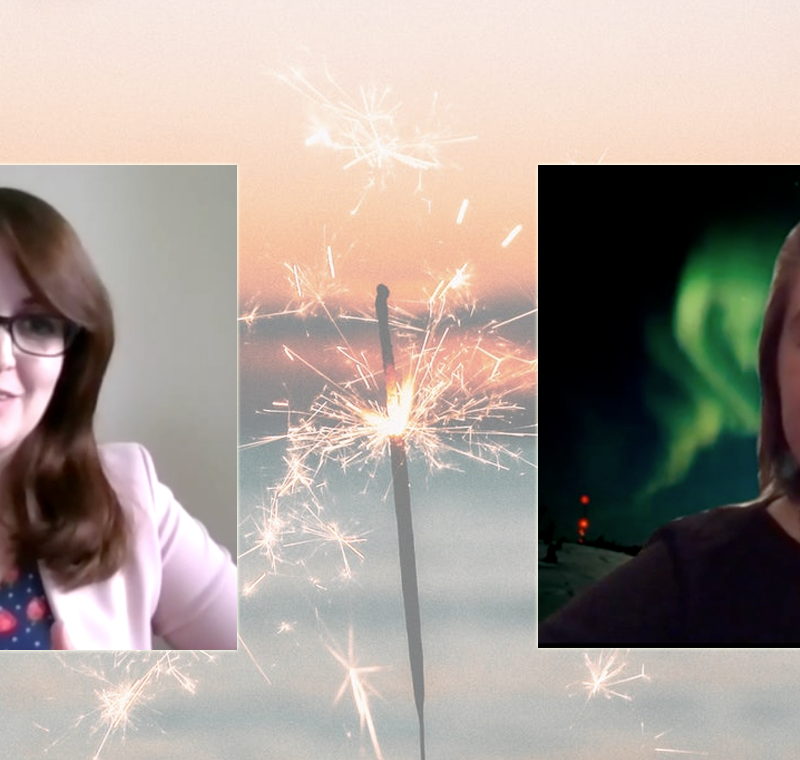What do the FIPP Rising Stars in Media Winners think is in store for the media industry?

Tell us a bit about yourself?
Breton Fischetti: I have been in digital media for seven years. I started at a division of InterActive Corp (IAC), where I spent two years learning about the digital media industry in several roles. I joined Business Insider in October 2011, and was recently named Senior Director of Commerce. At Business Insider, I have worked on a number of initiatives, including email operations, content sharing and distribution, third party revenue and social partnerships as well as international expansion. I currently lead the Insider Picks program.
Callie Schweitzer: I am the Editorial Director of Audience Strategy for Time Inc. and the Editorial Director and founder of Motto, TIME’s new empowerment platform for millennial women. I work across the company on initiatives that grow digital revenue opportunities and expand audiences. I was previously at TIME overseeing audience growth and engagement, social media, search, newsletters, new product initiatives and content partnerships.
Mieke Vlok: I am a 24-year old journalist at Huisgenoot, an Afrikaans general interest magazine. I have been with Huisgenoot since the start of 2014. This is my first job and I am privileged to have started out at such a big name in the local industry. I do a lot of writing on consumer issues and current affairs and particularly enjoy writing about health and legal or criminal issues. If someone asks you if you heard about that thing that happened in the news, chances are we are covering it in this week’s issue. I also study law part-time and hope to one day combine the experience I have in the media world with my law degree and work as a legal advisor to media houses.
What excites you about working in the magazine media industry right now?
BF: For me, the most exciting thing about the industry right now is how rapidly everything is changing. It’s a great time to be in the space because the shift to digital is no longer in doubt. As our CEO, Henry Blodget, is fond of saying, digital media right now is like cable news was in the 80’s. The companies that embrace and successfully navigate this shift will have the opportunity to become the next generation of media companies. Most compelling is that all kinds of new revenue models and possible partners continue to emerge – for instance, 18 months ago, how many publishers thought Snapchat would become so powerful?
CS: It is the most exciting time in journalism right now. All of the new tools we have at our fingertips—from Facebook Live to Snapchat to messaging apps—just enhance our storytelling abilities. Thanks to the rise of digital and social media, we can spread new and great ideas more widely than ever before. As someone who’s always been driven by bringing quality content to as many people as possible, that’s an incredibly important innovation and why I love being part of Time Inc. As a company, we’re reaching more than 150 million people per month, so if you combine our world-class talent and access to the world’s most influential people with these incredible new tools, it’s easy to see how magic can be made.
MV: I think some of the magazine industry’s biggest challenges are also its most exciting aspects. The digital era can be daunting, but it also gives you much more insight into your readers because they aren’t shy to click, comment, like or tell you what they think. I find this bird’s eye view intriguing.
I am also excited by the way magazines are branching out into other industries to become a multidisciplinary brand. For example at Huisgenoot we have looked at things that interest our readers and brought these interests to them in more ways than just magazine articles. We are a general interest magazine and many of our readers have kids. Based on this we have had two very successful exhibitions – one on dinosaurs and one on the Ice Age. We also have an annual music concert with local musicians and our food editor has her own cooking show on television.
A magazine doesn’t have to be a printed piece of paper that you read – there are so many different ways to cater to your audience’s needs and I think it’s exciting to embrace that.
What is your vision/view on the future of the industry?
BF: Looking back at the last couple years, the shift to mobile consumption, programmatic and native advertising all happened quickly. And now we are seeing the emergence of distributed content, micropayments and messaging apps, so the evolution of our industry has been moving at an incredible pace. Over the next couple of years, I think we’ll start to see additional new strategies unique to digital, with a little more predictability in terms of business models and revenue. Also, while subscription models used to draw a lot of criticism in the digital space, more and more publishers are finding ways to have consumers directly contribute to the success of the publications they enjoy.
CS: I think the future of journalism will be even more exciting than the present. Premium content and connecting audiences with great storytelling—something Time Inc. does very well—is a key to success. Each new wave of technology is creating extraordinary new opportunities to expand our storytelling capabilities and develop deeper relationships with our audience. We’re going to see even more of these new platforms that allow us to tell these stories in unique, immersive ways, and I can’t wait to see what that looks like and be part of it.
MV: I think the demand for news, articles and information is always going to be there, but we are going to have to adapt the ways we bring this to our readers and we might have to say goodbye to the traditional model we have gotten to know and love.
Since readers have more choices than ever on where they get their information from, I think the industry will become even more competitive and magazines are going to have to work hard to give their readers something they can’t get anywhere else. This is a great opportunity to innovate and find a niche for your brand and I look forward to seeing the steps different magazines take to keep themselves relevant.
What exciting changes do you think we will see happen/should happen in the near future?
BF: As Henry is fond of saying, “Money follows eyeballs.” And we know that eyeballs have gone mobile, and also to platforms – so we expect revenue to keep up with these trends. This needs to happen for both platforms and publishers to keep the symbiotic relationship they’ve enjoyed so far, and which is so essential for both. And while video ads on the web have traditionally mirrored TV commercials, this too will adapt to smaller screens, briefer attention spans and mobile. And online publishers are going to drive this change because their readers demand new forms of engagement beyond the traditional TV style of advertising.
CS: I’ve always been focused on experimenting with new storytelling techniques and tools. I can’t get enough of them! They just present so many opportunities for finding new audiences and growing a brand. The barrier to entry for media has never been lower, and I think the more involved we can get people in the news-making process, the better.
MV: I think the demand for news, articles and information is always going to be there, but we are going to have to adapt the ways we bring this to our readers and we might have to say goodbye to the traditional model we have gotten to know and love.
Since readers have more choices than ever on where they get their information from, I think the industry will become even more competitive and magazines are going to have to work hard to give their readers something they can’t get anywhere else. This is a great opportunity to innovate and find a niche for your brand and I look forward to seeing the steps different magazines take to keep themselves relevant.
The winners were also asked to film a short video expanding on this article:
FIPP created the Rising Stars in Media Awards in partnership with UPM and will be running it again in autumn 2017 alongside the FIPP World Congress. If you would like to be kept informed about this, email Christine Huntingford.









